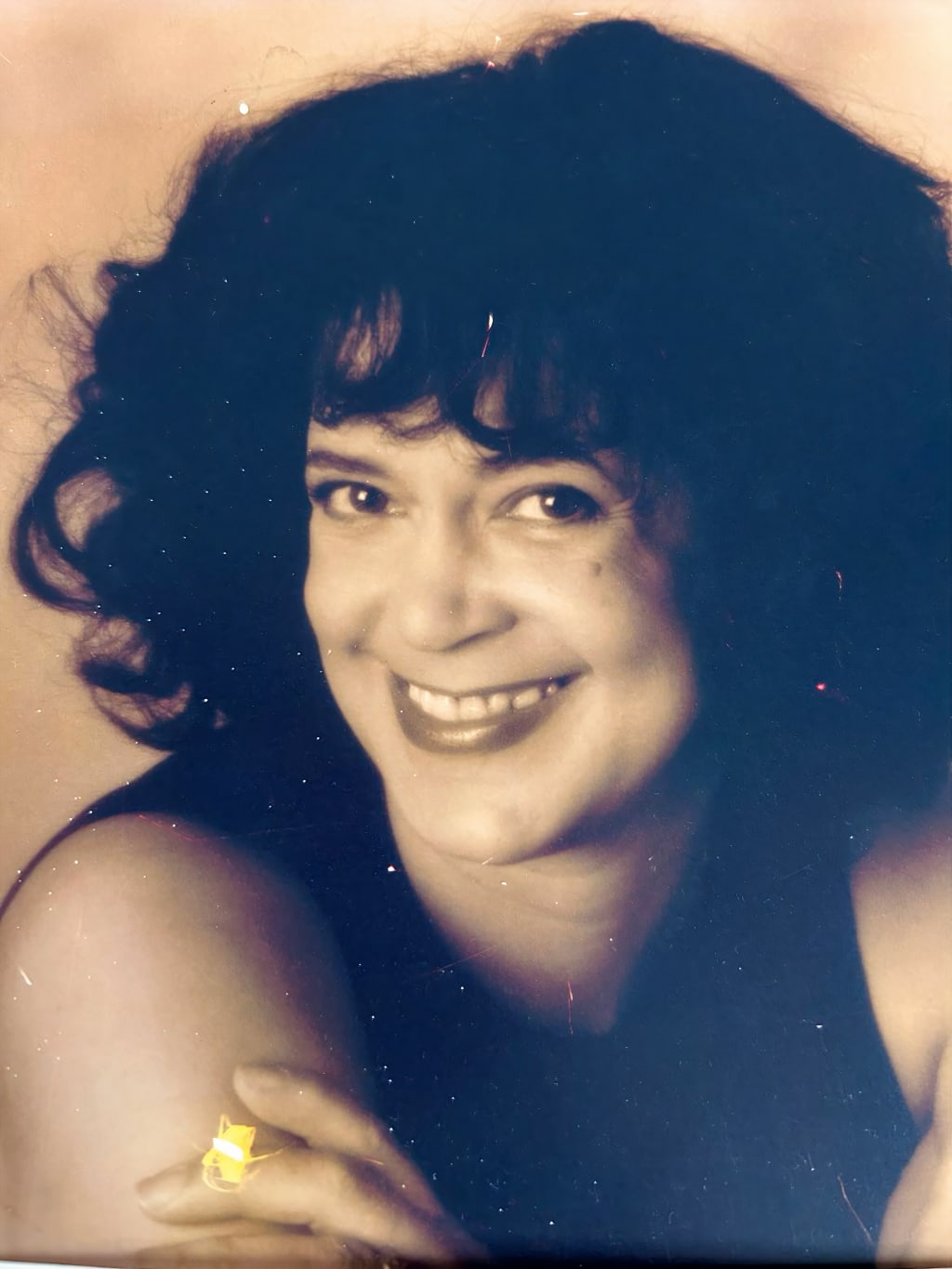In Memory of Winsome
Raising Awareness About Colorectal Cancer

Too many of our loved ones in the Black community are dying from colon cancer. It's a reality that's ripping our community apart, leaving us to grapple with grief and loss. But it's also a reality we have the power to change. I think the key lies in shifting our perspective on colonoscopies—from a dreaded procedure to an essential tool in our fight against this disease. At this time in our lives, we shouldn't be losing loved ones to a preventable disease.
The numbers paint a stark picture of the disproportionate impact colorectal cancer has on the Black community. African Americans experience higher rates of this disease compared to most other racial and ethnic groups in the United States. Among these groups, our community ranks second highest in colorectal cancer incidence, trailing only the Alaska Native American population.
However, when we look specifically at Black men, the statistics become even more dread. We face roughly a 20% higher incidence rate compared to White adults. But it's not just the incidence that's concerning; it's the outcomes. The disparity in death rates is staggering, with Black men experiencing a 44% higher mortality rate from colorectal cancer compared to their White counterparts.
These figures underscore the urgent need for action on multiple fronts. Early detection through regular screenings is crucial. It can catch the disease early when treatment is most effective. But, access to these lifesaving screenings is often hindered by systemic barriers and inequities in healthcare. And let's be honest, we also fear colonoscopies.
Some of my brothers fear being perceived as gay—and don’t get me started on prostate exams! The intersection of race and sexual orientation can create unique challenges. Stigma and trust also play a role. As Black men, we encounter race-based judgments from healthcare providers, which erode trust. Believe me, I've been there. Simultaneously, our gay brothers may feel pressure to disclose their sexual orientation to access services like PrEP (pre-exposure prophylaxis).
But for me, raising awareness about colorectal cancer is not an academic exercise—it's personal. When I turned fifty, I made a promise to my sister, Winsome, who lost her battle with colon cancer, that I would start getting regular screenings. Knowing the nature of this disease and its impact on our community, I couldn't afford to play around. Since then, I’ve had four colonoscopies because I’m considered in the high-risk category.
But I’m not going to say they were a cakewalk. The preparation leading up to the procedure was the toughest part. Clear liquid diets, adjustments to medications, and the dreaded fasting period—all of these challenges tested me. But I knew that these small discomforts were a small price to pay for potentially lifesaving information.
Since my first colonoscopy—I’ve also had one in February of this year--advancements in the field have made the process more manageable and less intimidating for patients. Improved preparation solutions, virtual colonoscopy options, reduced laxative fluid volumes, and pleasant drinks like Suflave helped to make an uncomfortable situation bearable. These innovations pave the way for increased compliance and accessibility, breaking down barriers.
Yet the fight against colorectal cancer extends beyond technological advancements. Our community requires a collective effort to prioritize prevention and early detection. We need open, honest conversations to shatter stigmas surrounding colorectal health. By sharing our experiences, we can normalize the importance of screenings and encourage others to take proactive steps.
Ultimately, a colonoscopy is more than a test; it's a lifeline. We can empower ourselves and our loved ones by embracing regular screenings and staying informed. We can rewrite the story of colorectal cancer in our community, shifting from loss to hope.
In memory of Winsome, who has already changed two lives—she held my brother, Richard, to a similar promise-- and all those we have lost—for me, some as recently as two months ago—let’s break the silence, overcome barriers, and prioritize our health. Together, "Let's get behind a cure," so we can create a future where no more lives are cut short by this disease. Let’s honor their legacy by taking action and spreading awareness, one conversation and one screening at a time.
My First Colonoscopy: https://goodmenproject.com/featured-content/the-good-life-perchance-to-dream-my-first-colonoscopy/
About the Creator
Geoffrey Philp
I am a Jamaican writer. I write poems (haiku & haibun), stories & essays about climate change, Marcus Garvey, music icons such as Bob Marley, and the craft of writing through personal reflection & societal engagement.






Comments
There are no comments for this story
Be the first to respond and start the conversation.